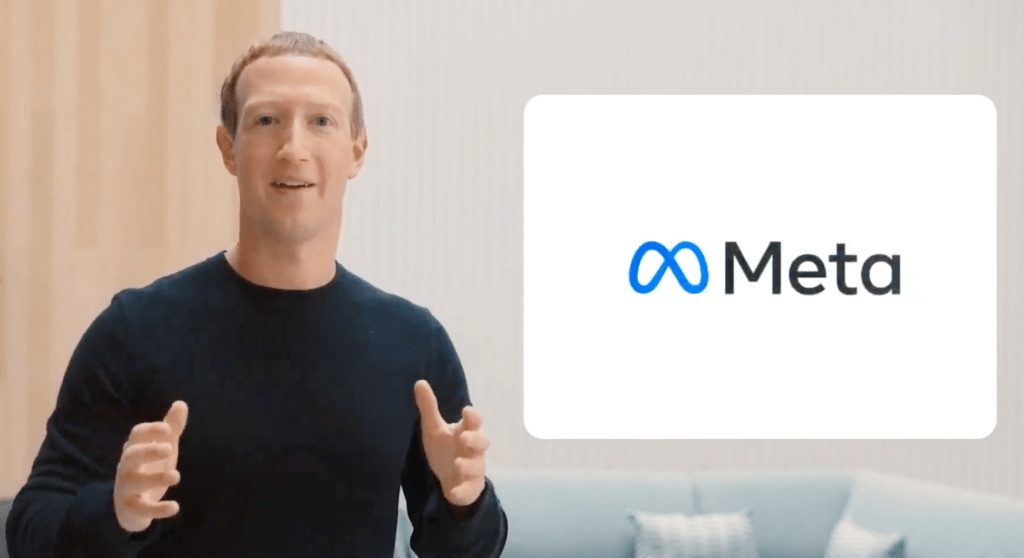To get a roundup of TechCrunch’s biggest and most important stories delivered to your inbox every day at 3 p.m. PDT, subscribe here.
Is it Friday again? All week we long for this day, and when it’s here, you remember all the stuff you didn’t get done while you were busy daydreaming about Friday. Oh well, we hope this bag of goodies gets to you after you’ve cleared out the to-do list and are ready for happy hour. If you’re going to TTITD next week, safety third but try to stay alive. If you fail at that, make sure you die in a more interesting way than dehydration so your camp mates at leaast get a good story out of it. — Christine and Haje
The TechCrunch Top 3
- Virtual reality, Meta style: Meta’s new virtual reality headset technology is going to focus on face-tracking and eye-tracking, features the company calls “social presence,” Ivan writes. It doesn’t come out until October, so you have roughly two months to pull together the $400 we think it is going to cost.
- Mo’ Twilio, mo’ problems: The hits from Twilio’s data breach earlier this month keep coming. Carly writes that this time the breach affected Authy two-factor app users. Authy is a company Twilio acquired in 2015. Oh, and the number of customers affected is now over 160. More about this below in Big Tech.
- Predatory lending takes a turn: Though the nature of the article is not a happy one, we think Jagmeet did a great job describing the lengths that some lending apps will take to get repayment from users in India.
Startups and VC
Asia’s crypto games and web3 investment powerhouse Animoca Brands is making inroads into Japan as its local unit picks up $45 million in financing at a $500 million pre-money valuation. The investment comes at a time when the country is tightening regulations around the crypto industry, writes Rita.
Staying in Asia, Anna and Alex take the pulse on China’s venture capital scene. From near-zero growth in the second quarter and abandoned economic targets to continued COVID-19 lockdowns, a power crunch, a housing crisis, concerns about the strength of its domestic currency, water shortages, high youth unemployment, and more, it’s a tough mix for the world’s second-largest economy — even without mentioning a background loaded with geopolitical tensions. This is a TechCrunch+ story, but if you don’t have a subscription, use the Daily Crunch discount code “DC” for 15% off.
Let’s do a few more, shall we?
- Draw me a picture of a bandwagon: Mobile photo editing app creator Lightricks is hopping on the AI-generated art trend with its new “Text to Image” generator within its apps, Lauren reports.
- Flying high, flying fast: Supply chain startup FourKites recently laid off a bunch of workers, but today announced it raised $30 million to feel the wind under its wings again, Kyle reports.
- Going from Bad.com to Worse.com: You know they’re having a rough time over at Better.com, as the company confirms its fourth round of layoffs in less than nine months, Mary Ann reports.
- Real estate gets real gnarly: Real estate tech startup Reali is moving toward shutdown, after the startup raised $100 million just a year or so ago, Mary Ann reports.
- Flexible apartments? Are they built out of Jell-O?: We can’t not giggle at the thought of wiggling buildings, but “flexible apartments” are having their day in the sun. Landing lands $125 million in debt and equity funding, reports Connie.
Learning from my failures: Lessons from a 2-time founder

All schadenfreude aside: learning from our own mistakes is useful, but learning from someone else’s is optimal.
Squadhelp CEO and founder Darpan Munjal shut down his previous company, a fashion e-commerce venture, after four years of “solid growth.” In hindsight, he says early-stage funding created a false sense of security.
“It wasn’t easy to close the shutters on a business I really believed in. But I knew I could start again if I was willing to learn from my mistakes and apply those lessons smartly.”
(TechCrunch+ is our membership program, which helps founders and startup teams get ahead. You can sign up here.)
Big Tech Inc.
It seems like Google’s Waze lost a bit of its way. The search engine giant said it was shuttering its Waze Carpool, a service that connected drivers with commuters, citing “shifting commuting patterns as a result of the pandemic,” Aisha writes. Going forward, the app is going to focus on a post-COVID world of errands and travel.
Meanwhile, India’s railway firm is reversing course on a plan to monetize customer data after an advocacy group, the Internet Freedom Foundation, took to Twitter in opposition of the strategy, writing, “A profit maximisation goal will result in greater incentives for data collection, violating principles of data minimisation & purpose limitation.” Manish has more.
In case you missed some stories from late yesterday, we have some good ones:
- Paging Starlink: SpaceX and T-Mobile are partnering to connect T-Mobile phones to Starlink for free starting in 2023, Devin writes.
- First Spaces, not podcasts: It’s official — Twitter is integrating podcasts into its platform. The feature will live under the Spaces tab, Aisha reports.
- Hackers at the door: DoorDash is among the organizations affected by the Twilio hackers, Carly writes. The delivery company says “names, email addresses, delivery addresses and phone numbers” of customers were taken, and for a smaller group, partial payment card information.
- Trading Twitter for Meta: Sandeep Pandey, Twitter’s vice president of engineering, is confirmed to be leaving that social media giant for Meta, Andrew writes. Pandey is the latest executive to leave the company since Elon Musk proposed taking over Twitter earlier this year.































Comment